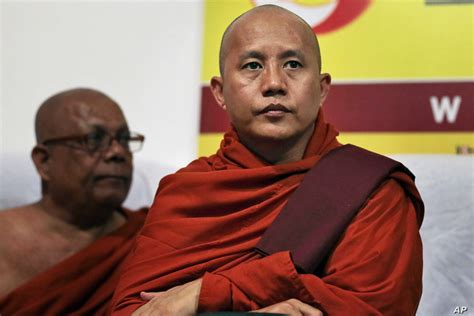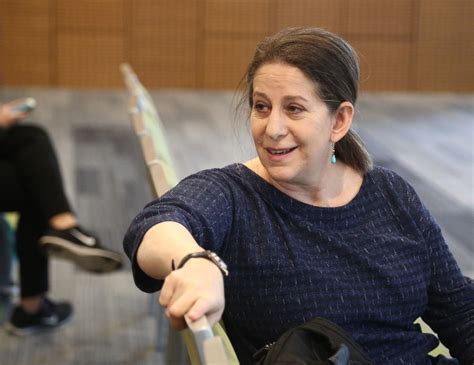A Quote by Pico Iyer
He [Dalai Lama] feels, and I feel, and everyone feels the suffering and frustration of the Tibetans who long for action, who long for a militant response. But, in some ways very few of those individuals have ever been in the position of being head of state.
Related Quotes
[The Dalai Lama] told me some years ago, "I've made every concession to China, and I've been as open and tolerant as I could, and still things get worse in Tibet." If you look at it from one point of view, as he himself says, his monastic position of forbearance and nonviolence hasn't reaped any benefits. And yet, he's thinking in terms of the long term, of centuries.
I've been a performer in the public eye for many years now and it's much darker. It feels so worse now. It feels heavy; it's difficult to deal with. The hatred is unbelievable, but I actually feel a lot more compassion for the journalists and people who aren't used to that. At least on some level, it's been a part of my world for a long time, so I can handle it. I'm not going to say that I'm used to it, because I'm not. I think it's really difficult for people who are just doing journalism and receiving death threats on a very consistent basis.

































